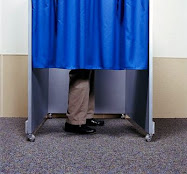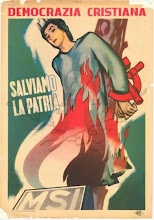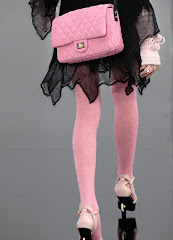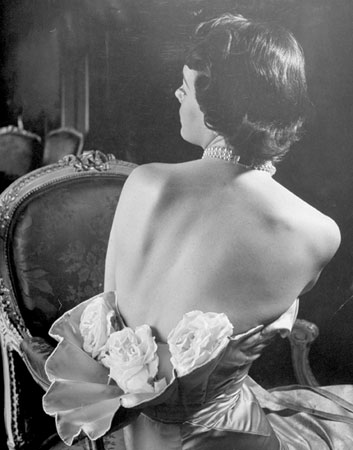
By Ruth Marcus
Wednesday, November 19, 2008; A21
Barack Obama, poor guy, would just like to go out for a walk.
One of the most poignant moments in the Obamas interview with "60 Minutes" came when Steve Kroft asked the president-elect how his life had changed since Election Day.
"There's still some things we're not adjusted to," Barack Obama said.
"Like what?" Michelle Obama asked.
"Me not being able to take a walk," her husband replied. "I'd love to take you for a walk."
Every president-to-be goes through this transformation; every president chafes at it. Harry Truman spoke of "this great white jail known as the White House." Bill Clinton called it "the crown jewel of the federal penitentiary system."
Yet for most presidents, this loss -- the deprivation of both autonomy and anonymity -- is not the jolting event that it is for Obama. Some, like John F. Kennedy or George W. Bush, were born to prominence and scrutiny; others have become acclimated to it over years in politics. Before the White House has come the governor's mansion or the vice presidency, with cosseting staffs and hovering security details.
But Obama is unique in his warp-speed transformation from obscure state senator to 44th president in just four years. The obvious downside is his lack of experience, but the potential advantage is his unusual proximity to normality. In the isolation chamber of the White House, it can be useful not only to know real people but to have been one yourself in the not-so-distant past.
"I actually think that we are as close to what normal folks go through, and what their lives are like, as just about anybody who's been elected president recently," Obama told Kroft. "Hanging on to that is something that's important."
Different presidents experience the constraints of the office in different ways. Clinton craved human contact. He was happy -- delighted, actually -- if everyone he met knew exactly who he was, as long as he could talk to them.
In his autobiography, Clinton described going out for a run as president-elect, and stopping, as was his habit, at McDonald's, where he met a 59-year-old man who had lost his job in the recession. "I walked back to the hotel thinking about that man, and how I could manage to keep in touch with the problems of people like him from behind the wall that surrounds every president."
Obama, more self-contained, seems instead to yearn for the freedom of "being able to just wander around the neighborhood." That "loss of anonymity," he said, is "something that I don't think I'll ever get used to."
Perhaps not, but he seems to bring to the job a keen awareness of the need to push back against the closed environment of the White House. In "The Audacity of Hope," he described watching Bush hold forth before a mostly fawning group of senators. "I was reminded of the dangerous isolation that power can bring."
Jeff Zeleny wrote in the New York Times a few days ago about whether the new president will be forced to surrender his omnipresent BlackBerry. "A decision has not been made on whether he could become the first e-mailing president, but aides said that seemed doubtful."
Bush made the choice to sign off before assuming the presidency. "Since I do not want my private conversations looked at by those out to embarrass, the only course of action is not to correspond in cyberspace," Bush wrote a group of friends just before his inauguration. "This saddens me."
I'd argue that Obama should cling to his e-mail as a 21st-century way to pierce the White House bubble. After all, Gore did it as vice president, BlackBerry included.
The arguments to the contrary will pile up like so many unread messages.
The lawyers will wring their hands over the prospect of disclosure down the road, if not sooner, invoking the specter of congressional investigators poring over presidential e-mails. So what? Everyone who uses e-mail should think twice before writing something embarrassing.
The security gurus will caution about the risk of being hacked. Find a way to make it secure.
The senior staff will bristle at the president's doing end runs around their carefully constructed processes. That's just the point. He needs unfiltered sources of knowledge and advice.
If the man can't take a walk, at least let him have his e-mail.



















